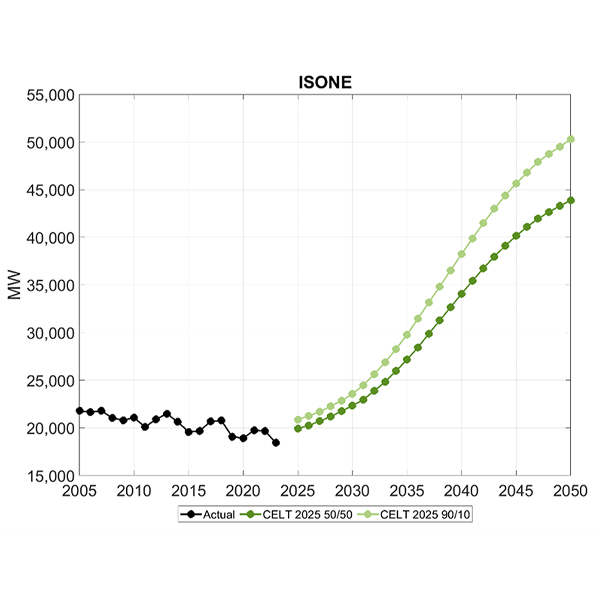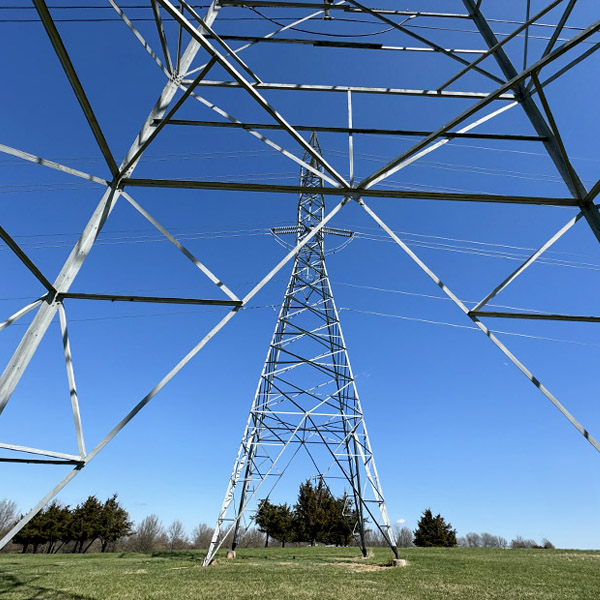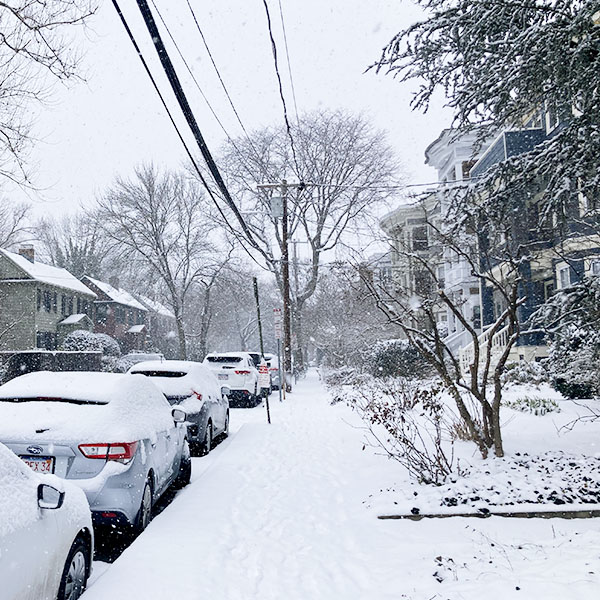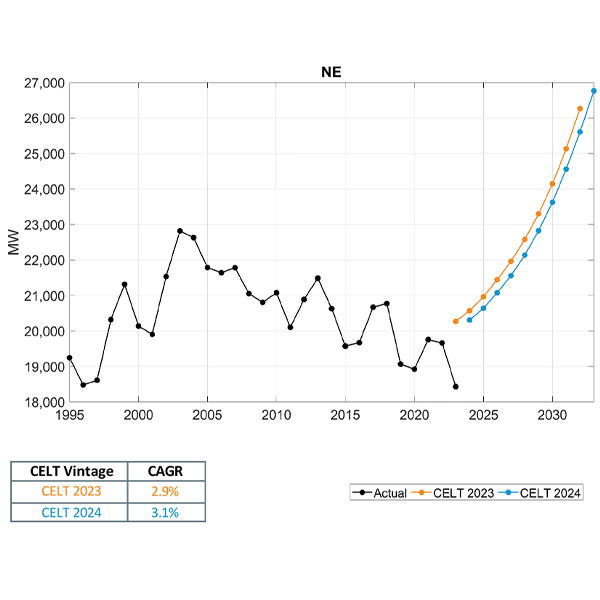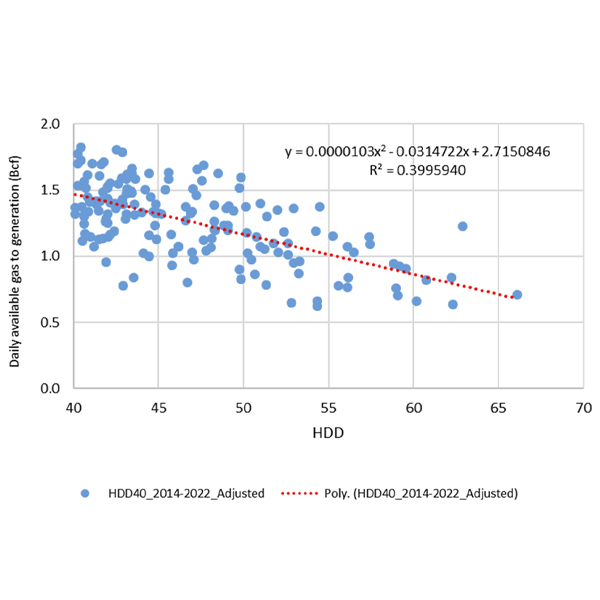NEPOOL Reliability Committee
ISO-NE plans to cut its winter peak load projection for 2033 by 7.2% and its summer peak projection by 1.8%, ISO-NE told the NEPOOL Reliability Committee.
ISO-NE presented the results of its 2023/24 load power factor audit, which found most regional LPF areas to be noncompliant with the standards for low-load, high-voltage conditions.
The NEPOOL Reliability Committee voted to support changes to ISO-NE Planning Procedure 7 to comply with FERC Order 881.
ISO-NE’s regional energy shortfall threshold will rely on a pair of metrics intended to capture the intensity and duration of energy shortfall risks in extreme weather scenarios, the RTO told the NEPOOL Reliability Committee.
ISO-NE is working to add the capability to model preemptive actions to its probabilistic energy adequacy tool, the RTO told the NEPOOL stakeholders.
New England transmission owners have presented a $185 per kW-year regional network service rate for 2025, an increase over the $154 per kW-year rate in 2024.
The NEPOOL Reliability Committee voted to support new data collection standards for distributed energy resources, and ISO-NE outlined potential changes to planning procedures and the affected system operator process.
ISO-NE outlined its current thinking on a potential Regional Energy Shortfall Threshold at the NEPOOL Reliability Committee.
ISO-NE is decreasing its peak load projections slightly for the next 10 years due to slower-than-expected EV adoption, managed charging programs and changes to its modeling of partial building electrification.
ISO-NE provided more detail in response to stakeholder questions about how the RTO plans to model oil and gas resources as a part of its Resource Capacity Accreditation project.
Want more? Advanced Search
